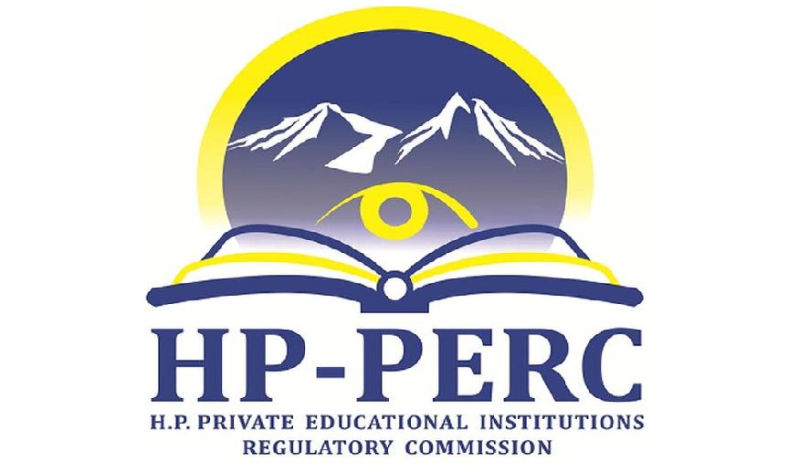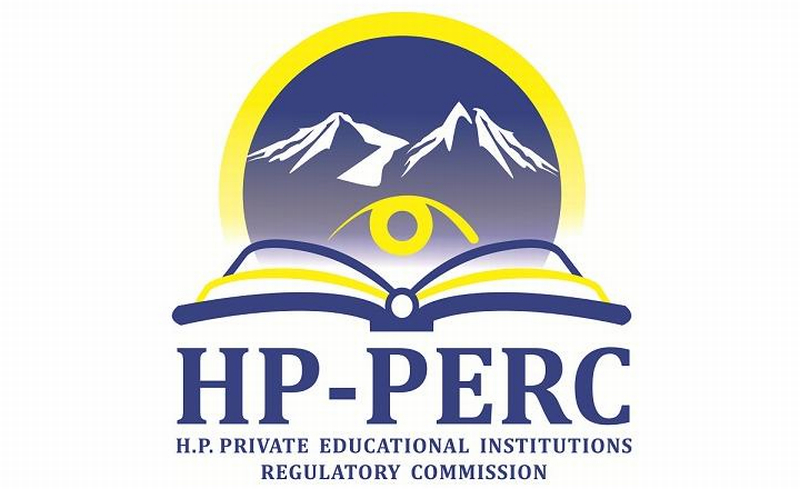In a significant stride towards ensuring financial security for Teaching and Non-Teaching staff in private Universities and colleges, the State Education Regulatory Commission has recently issued directives mandating the creation of a corpus fund in all universities and colleges across the state. This decision, made during a recent Commission meeting, aims to streamline the process of disbursing financial benefits to educators after leaving their positions or upon retirement.
The newly established corpus fund is poised to bring about two major advantages. Firstly, it promises to enhance transparency in the system by meticulously documenting the financial details of each employee. This includes a comprehensive record of the initial salary, deductions such as EPF, and other pertinent financial transactions throughout the tenure of the educator. This measure ensures a thorough and accountable approach to the financial aspects of employment.
Secondly, the initiative seeks to eliminate delays in the disbursement of gratuity and other financial benefits mandated by existing rules. Teaching and non-teaching staff often face challenges in receiving their entitled benefits promptly after leaving their jobs or retiring. With the corpus fund in place, the process is expected to be expedited, offering a swift and hassle-free experience for teachers.
In Himachal, there are 17 private universities and over 100 private colleges, nursing colleges, pharmacy, law, and engineering colleges. Barring a few, most universities and institutions do not follow the laid-down norms of hiring and firing of employees. Employees who have been fired from the services without any prior intimation hardly get any compensation; even one month’s salary is not being given to them. The gratuity of hundreds of employees is withheld for no reason by most of these universities, and employees have to go through a long legal battle to get their hard-earned money.
The move comes as a proactive step by the State Education Regulatory Commission to address concerns raised by employees regarding the tardy processing of financial benefits. By having a dedicated fund, Teaching and Non-Teaching staff are now encouraged to report any discrepancies directly to the Commission, mitigating the need for legal recourse. The implementation of this initiative marks a positive stride towards bolstering the financial security of educators in the private sector, promoting a more transparent and efficient administrative framework. It is anticipated that this measure will not only benefit the current workforce but also set a precedent for future practices, ensuring that staff can retire or move on from their positions with the peace of mind that their financial well-being is safeguarded.












